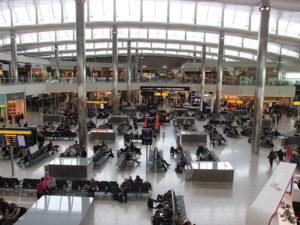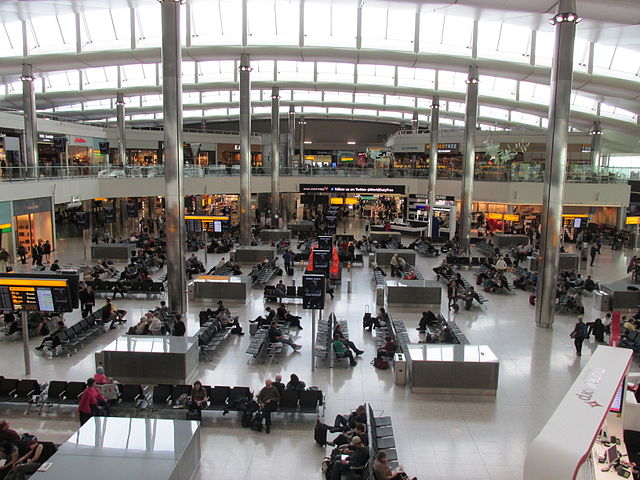 The United Kingdom’s decision to exit the European Union will impact both UK air passenger travel and airfreight volume, driven by the expected downturn in economic activity and the fall in the sterling exchange rate.
The United Kingdom’s decision to exit the European Union will impact both UK air passenger travel and airfreight volume, driven by the expected downturn in economic activity and the fall in the sterling exchange rate.
“The UK has voted to leave the EU—the so-called ‘Brexit’ scenario. Considerable uncertainty remains regarding the precise detail of the exit and it could be 2 years or more before these issues are fully resolved,” said the International Air Transport Association (IATA) in a new analysis. “Prolonged uncertainty will influence both the magnitude and persistence of the economic impacts.”
The decision has significant and wide-ranging impacts in both an economic and regulatory context. Some of these effects will be felt immediately, like the exchange rate impact on the cost of air travel, while others will be more longer term in nature.
The immediate impact will be most obviously experienced in the passenger segment of the air transport market, said IATA. “The weaker pound has immediately made outbound trips for UK inhabitants more expensive (because a given amount of GBP will now buy less goods and services overseas). At the same time, for overseas visitors to the UK, their local-currency earnings will now stretch further than they did previously.”
Preliminary estimates suggest that the number of UK air passengers could be 3% to 5% lower by 2020, said IATA.
“In other words, the outcome of [the June 23] referendum could reduce air passenger growth by 1.0-1.5 percentage points each year over the near term.”
The near-term impact on the UK airfreight market is less certain, but freight will be affected by lower international trade in the longer term.
“Over the longer term, there will be an impact on international trade when the UK does formally exit the EU and this, in turn, will affect airfreight. For example, the OECD estimates that UK trade volumes could fall by 10% to 20% over the long run (to 2030), relative to the baseline,” IATA said.
In part, the international trade impacts will depend upon the nature and timing of trade agreements and relationships negotiated by the UK and this remains highly uncertain at this stage. The OECD also noted that regulatory divergence could increase over time, increasing trade costs, IATA continued.
“A big issue is with aviation regulation. The UK faces a trade-off between accessing the European single aviation market and having the policy freedom to set its own regulations,” it noted.
Said Tony Tyler, IATA’s director general and CEO, “The Brexit vote has triggered much uncertainty—financial and otherwise. As leaders in the UK and the EU work to establish a new framework for their relationship, one certainty to guide them is the need and desire of people on both sides of that relationship to travel and trade. Air transport plays a major role in making that possible… It is critical that whatever form the new UK-EU relationship takes, it must continue to ensure the common interests of safe, secure, efficient and sustainable air connectivity.”
Photo: Orderinchaos





